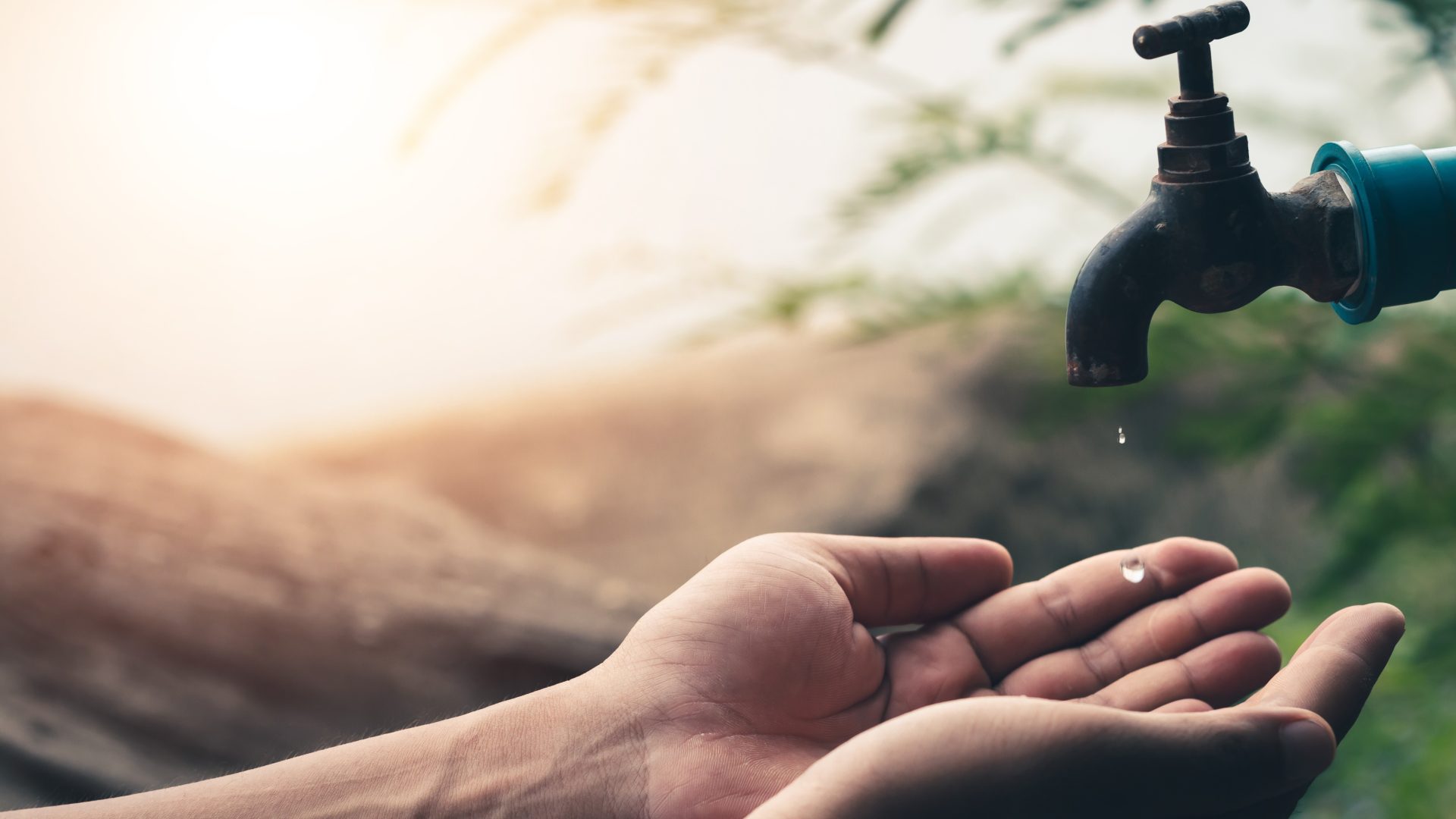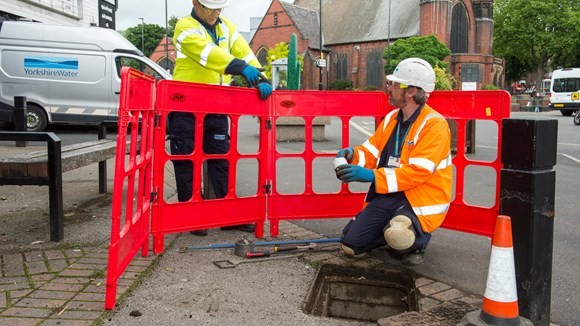While desalination has helped Israel meet and even exceed its clean water requirements in recent years, a new study in Nature NPJ Clean Water led by Hebrew University of Jerusalem researchers indicates that rising population levels are likely to place unprecedented stress on Israel’s water infrastructure, requiring dozens more desalination plants by 2065.
Israel’s population growth rate over the past 30 years has averaged just over 2.1% according to Israel Central Bureau of Statistics, (ICBS) a singularly high rate amongst industrialized countries. Further, the ICBS anticipates an increase in population from approximately 9.5 million in 2022 to between 15–25 million by 2065, depending on actual growth rates.
During the 60 years between 1960 and 2020, Israel’s water consumption rose from 1.3 to 2.4 billion m^3, an 85% increase over 60 years. By 2065, water demand would increase by 160% under the high-growth scenario. Increasing water supplies by this amount in just 35 years would constitute a quadrupling in the rate by which national water demand grew from 1960 to 2020.
“Our projections show that Israel will need to desalinate as much as 3.7 billion m^3 annually, compared to 0.5 billion m^3 in 2020,” says Isaac Kramer, the lead author and a Ph.D. student in The Robert H. Smith Faculty of Agriculture, Food and Environment at Hebrew University.
“Additional demand will be met by desalination which could require the construction of approximately 30 new desalination units. The impact of population growth on Israel’s water supply is likely to dwarf that of climate change.”
Israel’s agriculture industry has utilized treated wastewater for irrigation and if that should change, it would pose additional stresses on the existing availability of water. Population growth is also likely to challenge Israel’s wastewater management policies, producing more effluent than farmers will have the capacity to consume.
Israel has built five major reverse osmosis facilities at Ashkelon (2005), Palmachim (2007), Hadera (2009), Sorek (2013) and Ashdod (2015). A sixth desalination plant is scheduled to open by 2025 in Israel’s north, and another plant is being planned at Sorek. Desalination currently supplies approximately 50% of Israel’s domestic water needs. Increased desalination would also increase electricity demand, requiring over 11 TWh electricity annually.
“Israel is a small country with nearly all of its population living in close proximity to the Mediterranean Sea,” he said. “So, the transition to desalinated water in Israel has been relatively feasible – in terms of access to saline water and transporting that water to population centers. When I look at places like Arizona, New Mexico – inland areas without easy access to saline water – if Israel struggles in the future to meet water demand through desalination, it will really serve as a bellwether to these areas that face even greater institutional challenges to reliance on desalination.”



